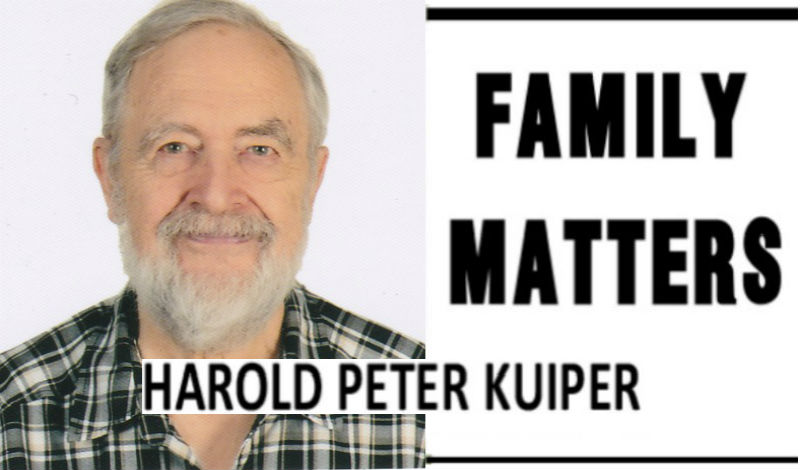Edna and Brent had been consulting with Pastor Cortez about the problems involved with Brent’s working overseas, like their son’s getting rebellious and unmanageable. As they were riding home from their first session, Brent was doubting whether to see Pastor Cortez next week. He wasn’t used to talking about real, inner stuff, and generally preferred to drink with his buddies when he was on vacation here. Then he could really talk; Edna said that it was his “liquor speaking.” They realized too many men were dying too young because of alcohol’s effects on the body. Brent had researched the effects of alcohol on the nervous system, learning that alcohol damages the ability of the Left and Right Hemispheres of the brain to communicate with each other, meaning a person is more likely to give in to impulses and temptations. Also, it often causes an irregular heartbeat—something he had already discovered in himself. He also realized he’d been drinking a lot in Korea. So he decided to make the next appointment with Cortez.
The next week Cortez asked Brent about his family growing up, and whether his dad was a drinker. At that, Brent started to tear up—something he told himself not to do, as he heard growing up, “Men do not cry.” He almost choked as he tried to tell about his dad’s heavy drinking, and how abusive he became to his mom and even him and his siblings, before he left the family to go start another one.
“How, do you think, has this affected your growing up?” Cortez asked. “I learned doing volunteer jail chaplaincy counseling that many boys whose fathers were in prison would act in a delinquent way, to subconsciously identify with their dads. Maybe that’s why young men might drink, also, do you agree?” “Yes,” Brent answered, “in fact my dad died early because of drink—and I too try to deal with problems through alcohol. Maybe alcoholism is slow suicide, like drugs. And maybe I’ve even been copying him by being away from my family so much.”
“How’s that working for you?” Brent answered, “Not very well, in fact terribly. I can’t think clearly, I get mad, and when I sober up, I miss my family all the more, and get angry at myself!” “That sounds like a miserable spot to be in,” replies Cortez. “Would you be open to trying an alternative?” “What’s that?” asks Brent.
“Letting Jesus in to be Lord of everything, even those past awful memories from your childhood. I’ve witnessed Him come in and heal hundreds of them, like a stepfather holding a shotgun to a boy’s head and threatening to blow his brains out. (Leading to a life of addictions and violence and incarceration.) But as we prayed, Jesus entered the scene, took the gun from the stepdad’s hands, and put it on the floor. Then this 40-year old inmate expressed forgiveness to him, and finally found peace. I’ve seen hundreds of inner healings like that.
“Jesus can also rebuild the male self-image, making men leaders rather than followers, creative and strong. Ruth Carter Stapleton, former president Jimmy Carter’s late sister, helped many fatherless boys become men through such inner healing.”
At this, Brent found himself stiffening defensively, but decided to let Cortez pray with him, asking Jesus to come in to start healing the worst of his troubling memories of his dad. . .













